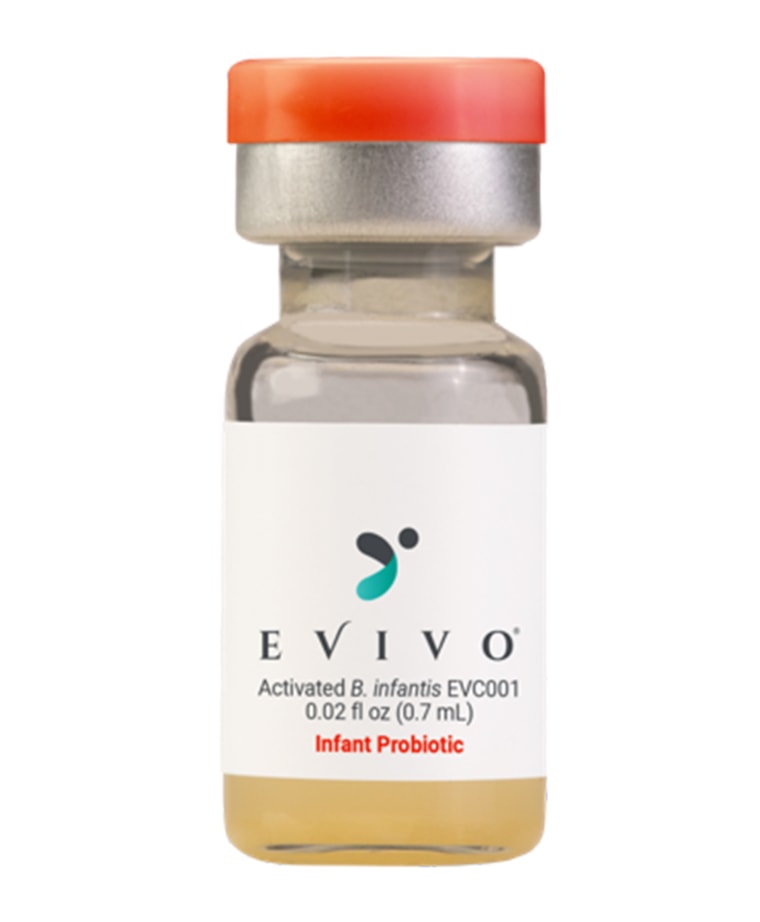The U.S. Food and Drug Administration is investigating the death of a preterm infant who developed sepsis and later died as the result of ingesting live bacteria, which the FDA has linked to a probiotic supplement administered during in-hospital care.
The FDA did not disclose any identifying details about the infant, such as name, location, treating hospital or a timeline of events. It said in a Sept. 29 letter addressed to health care providers that the infant was born premature and the hospital had given the infant Evivo with MCT Oil, a probiotic that contains bacteria Bifidobacterium longum, as part of the treatment plan. The product is manufactured by Infinant Health.
"Genomic sequencing data demonstrate the bacterium that caused sepsis in this infant was a genetic match to the bacteria contained in this probiotic," the FDA said in its letter.
Sepsis is a medical emergency that occurs when the body reacts improperly to an infection, causing the organs to work poorly and possibly leading to septic shock and death, according to Mayo Clinic.

A spokesperson for Infinant Health told TODAY.com in a statement that it is cooperating with the investigation and that patient safety is its top priority. The company recalled the probiotic and has informed its health care providers, it said.
"Through ongoing discussions with the U.S. Food and Drug Administration, we have agreed to stop shipping and voluntarily recall our probiotic Evivo with MCT Oil," the company said. "That product was used by health care professionals in hospital settings, including neonatal care for preterm infants."
The FDA has not approved “any probiotic product for use as a drug or biological product in infants,” the letter said, as its usage puts them at risk of “invasive, potentially fatal disease caused by the bacteria or fungi contained in probiotics.”
The American Academy of Pediatrics, the nations's leading pediatricians' group, also advises against treating preterm infants with probiotics.
The FDA said in its letter that it does not endorse "unapproved, unlicensed probiotics" to treat preterm infants and warned health care providers of the usage risks.
"Healthcare providers should be aware that these products have not undergone the FDA’s rigorous premarket review evaluation for safety and effectiveness, nor have they been evaluated for compliance with the agency’s rigorous manufacturing and testing standards for drugs and biological products, including testing for extraneous organisms," the FDA said.
Infinant Health said it plans to work with the FDA to get "approval of the use of our MCT oil product in hospital settings" and stressed that its Envivo powder product remains on shelves, as it "has been proven to offer significant nutritional benefits to full term infants."
What to know about babies and probiotics
The FDA stressed in its letter that it has not approved any probiotic supplements for use in infants. The AAP also said, based on current evidence, it doesn't support regularly using probiotics in preterm infants, especially those weighing less than 1,000 grams at birth.
That said, probiotic products marketed for use in babies are readily available in stores and online. Probiotics are live organisms that promote a healthy balance in the gut.
While early research shows probiotic foods or supplements may be able to help older babies with certain conditions, such as colic or acid reflux, more research is needed to determine if probiotics benefit babies and small children, according to Hackensack Meridian Health.
It is not recommended to give probiotics to kids under 6 months old, and parents and caregivers should always discuss with a health care provider before adding probiotics to a child's diet.
